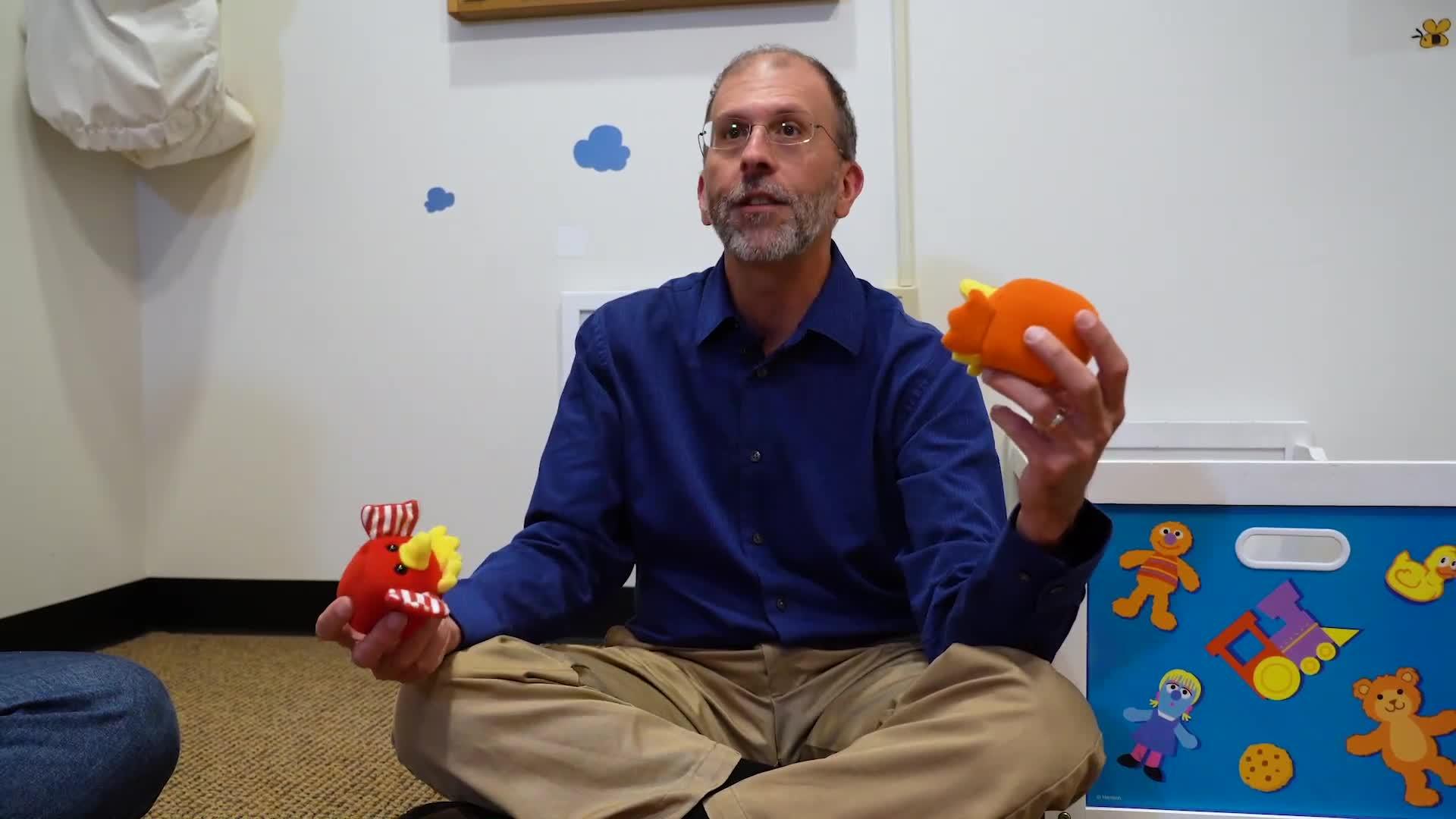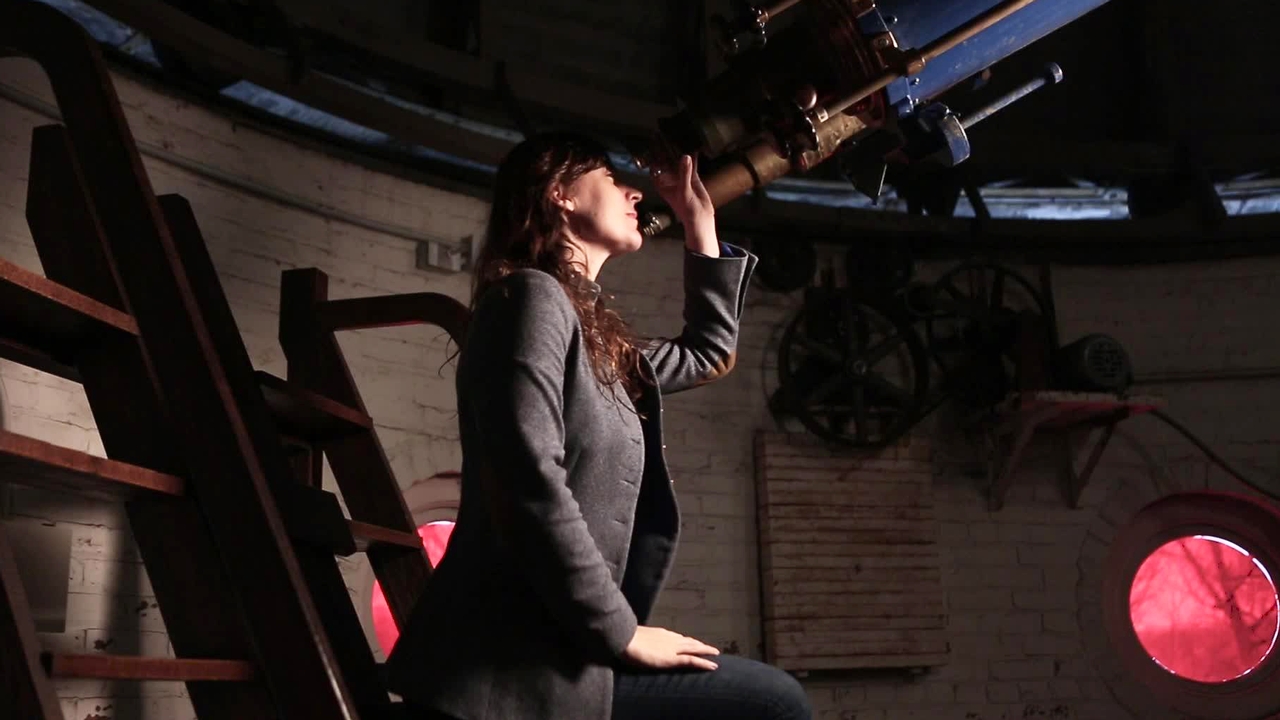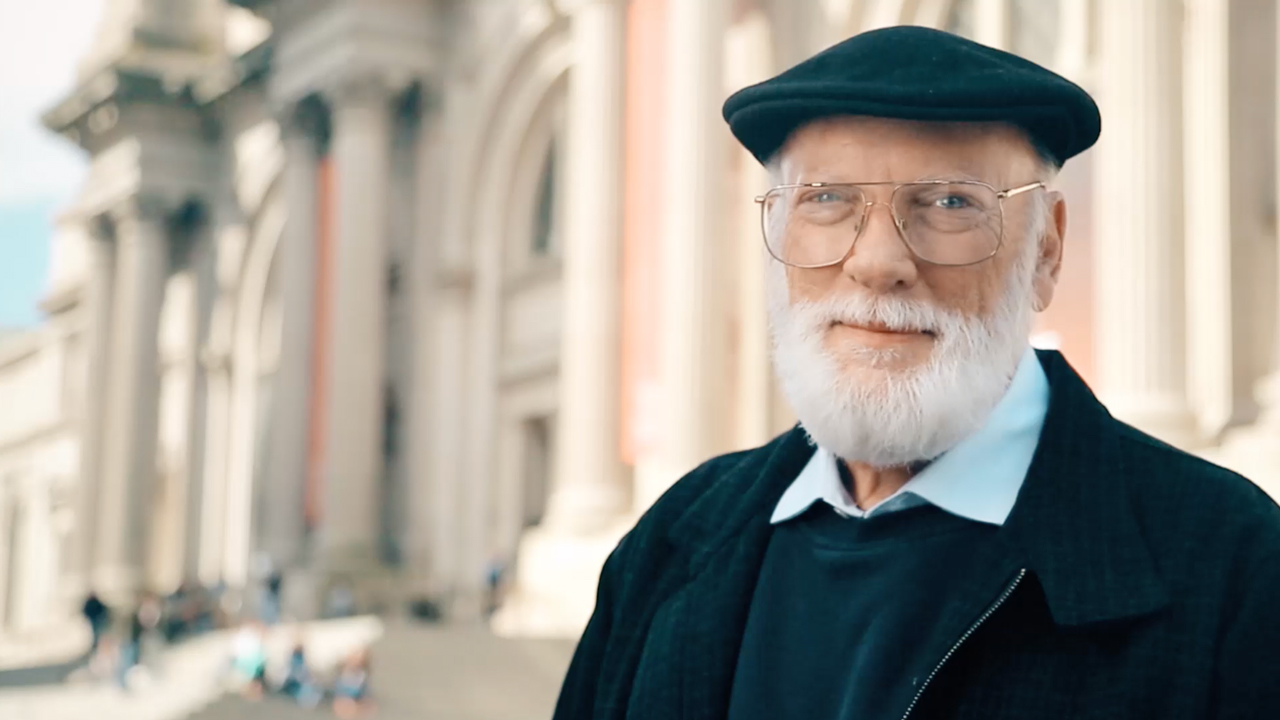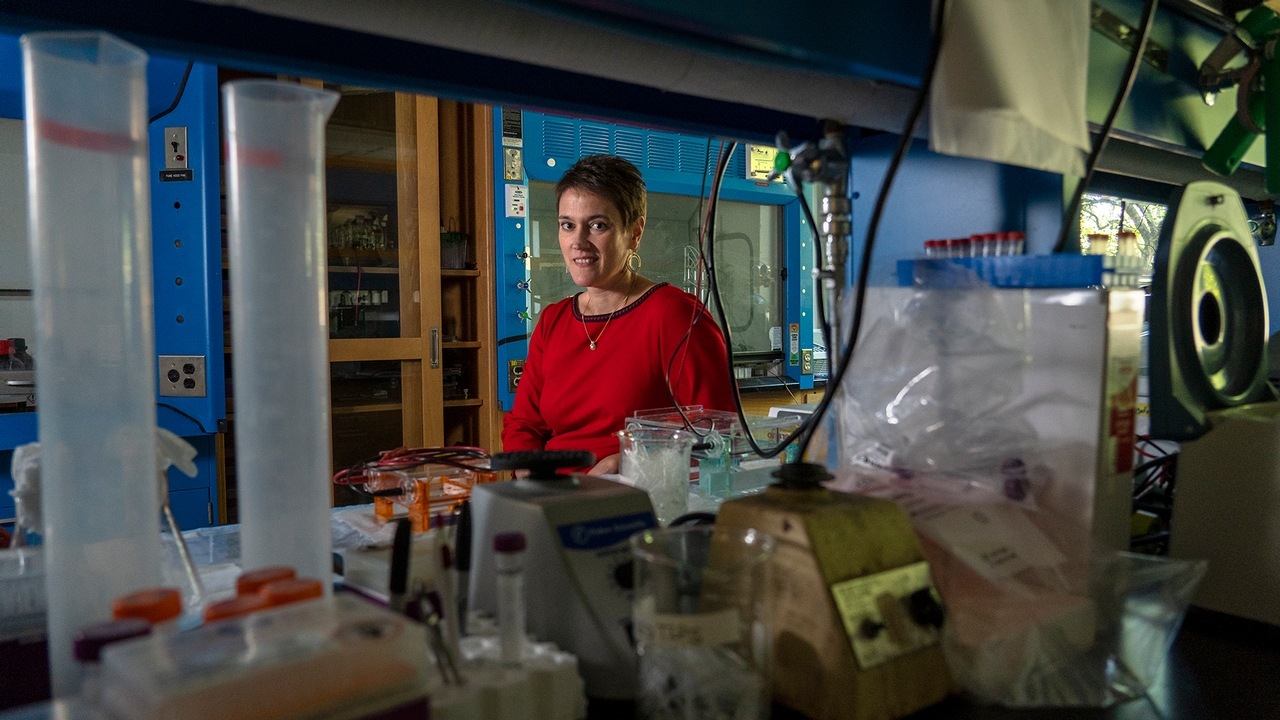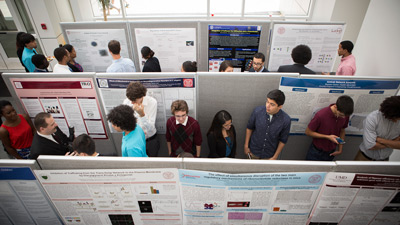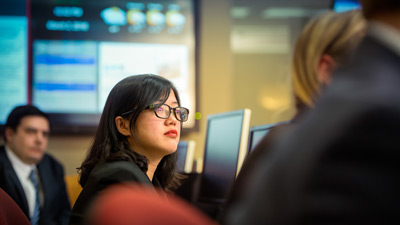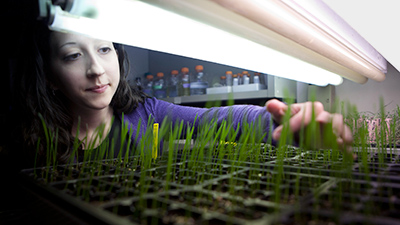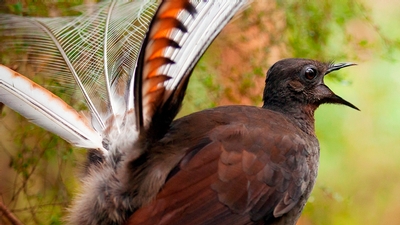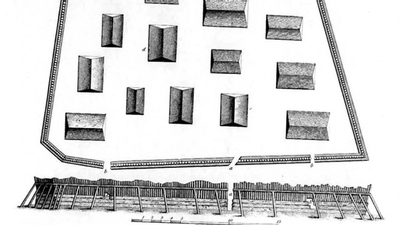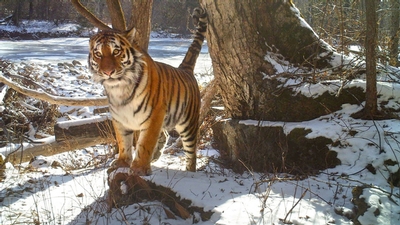Research
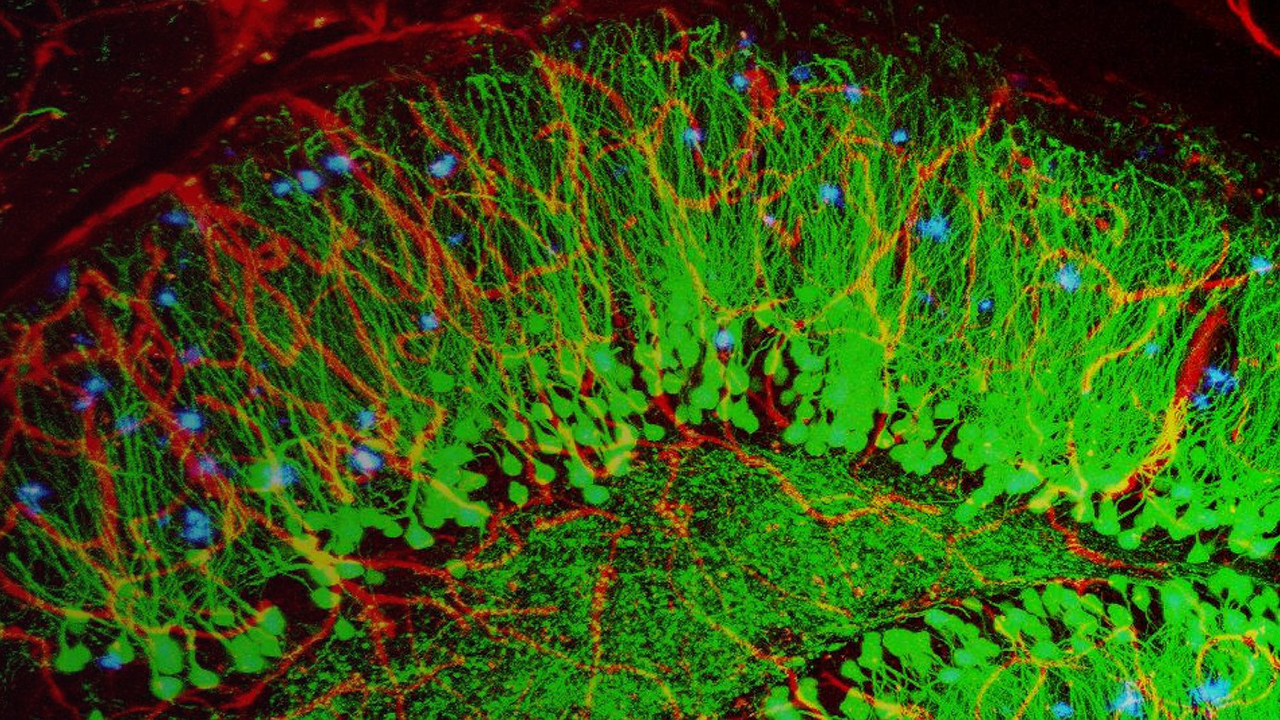
Cornell Research & Innovation
Extreme Talent. Radical Collaboration. Results That Matter.
From the laboratory bench to the hospital bedside and from cultural evolution to concepts in sustainability, our researchers and scholars are translating discovery into meaningful, measurable impact that is changing the world for the better.
Research Around the University
What a gut fungus reveals about symbiosis, allergy
Powerful AI tool can boost precision medicine, treatments
Working moms set an example for the next generation
Treatment combination for subdural hematoma reduces recurrence risk
Immune T cells become exhausted in chronic fatigue syndrome patients
Mouse study captures aging process at the cellular level
Tirzepatide shows strong diabetes-prevention effect in trial
Smallest walking robot makes microscale measurements
New Cornell tech to evaluate anemia to be used across India
New process can curb fraud in rural online data collection

“I think none of us anticipated that this would turn into anything more than a class paper, but we all felt that there was something there.”Undergraduate Research
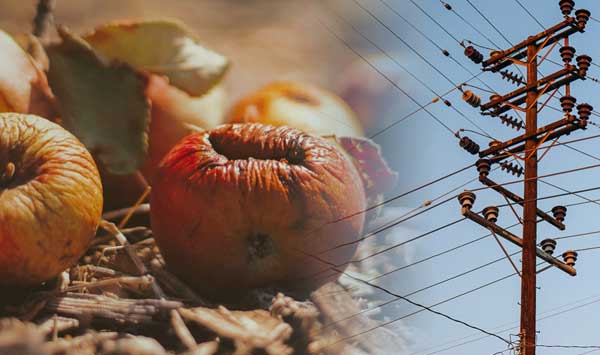
“Knowing that what I'm doing will actually help decrease carbon emissions and contribute to mitigating the climate change impacts is very rewarding.”Graduate Research
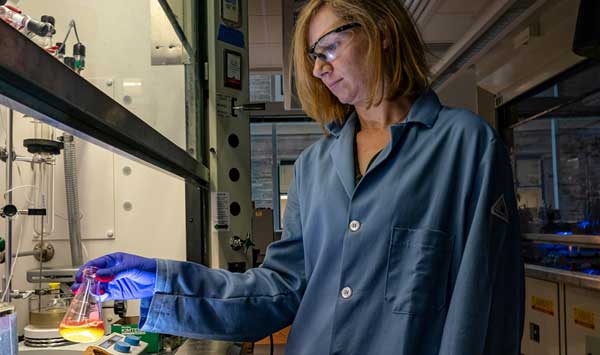
“Plastics like polyethylene and polypropylene are great materials; we use them for everything. But the problem is their strong properties, which make them so great for so many applications, also mean they don’t degrade…. We have to do something about that.”Postdoctoral Research
Radical Collaboration
Multidisciplinary Partnerships
The challenges of the world and the big picture of what’s possible rarely fit neatly into a single academic discipline. This is why we’ve made collaboration and communication a way of life at Cornell. We foster a community of renowned scholars that spans disciplines, locations, and industries in order to convert promising ideas and innovations into results that truly matter.
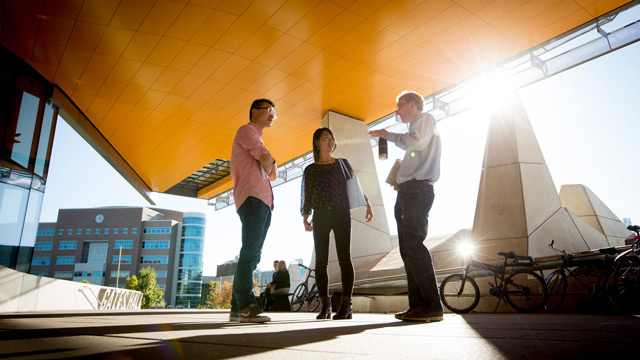
Extreme Talent
The Best & Brightest Faculty
Talented researchers and top scholars know that teaching and learning are intrinsic to one another. That's why they come to Cornell. They know they can push the boundaries of discovery by engaging with students who, in turn, engage with and challenge them.
Rick Johnson
Electrical and Computer EngineeringResearch Examples
Cornell Global Research Stories
Cornell research delivers results that matter all around the world.
skip over Google mapResearch Links
-
Research Gateways
-
Corporate Gateways
-
Cornell Research & Innovation
- Vice President for Research and Innovation
- Leadership and Contacts
- Center for Technology Licensing at Cornell (CTL)
- Office of Sponsored Programs
- Center for Animal Resources and Education
- Office of Research Integrity and Assurance
- Research Administration Information Services
- Affiliated Centers
- Publications and Data
-
Publications
-
Contact
Office of the Vice President for Research and Innovation 222 Day Hall, Cornell University
Ithaca, NY 14853 (607) 255-7200 vp_research@cornell.edu
